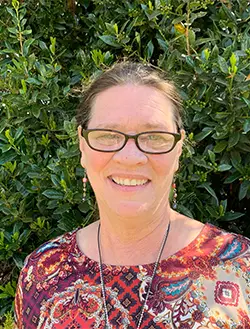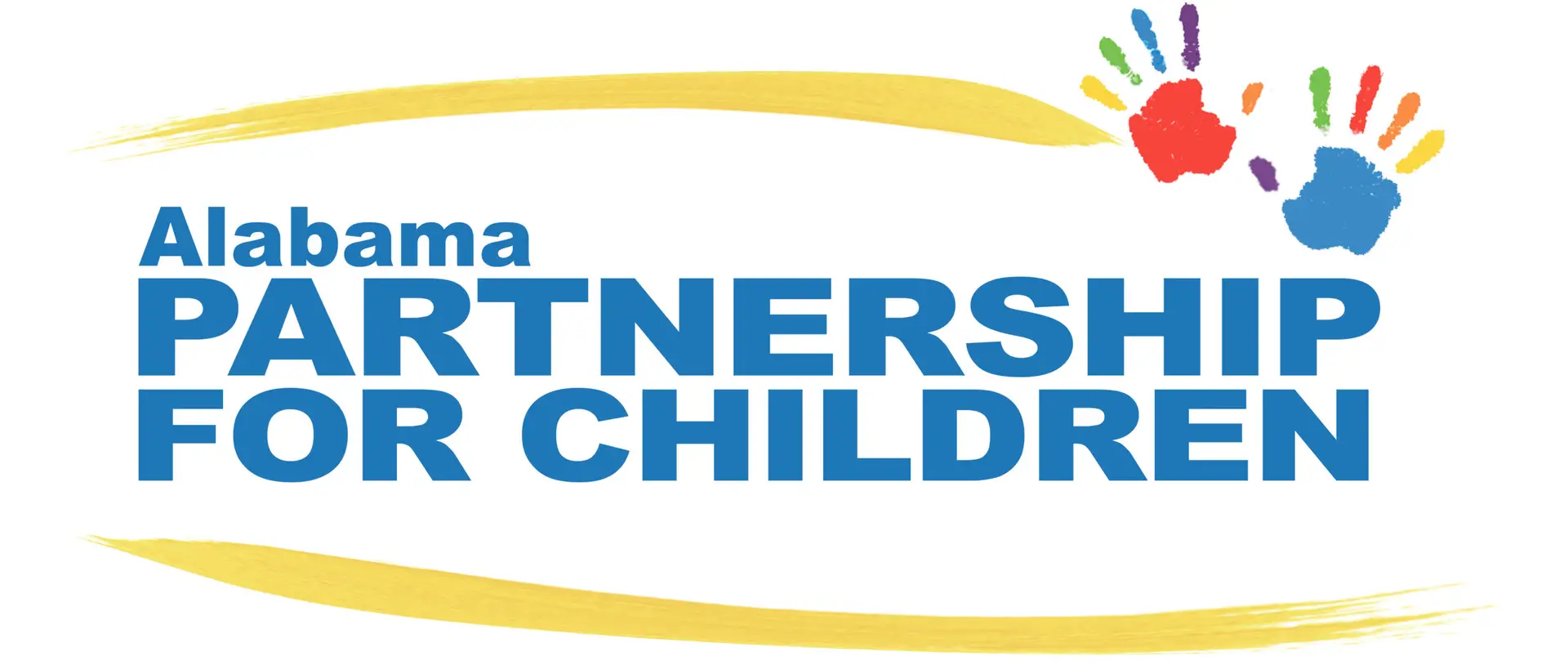
Tish MacInnis will serve on the Center for the Study of Social Policy’s (CSSP’S) Early Relational Health Advisory Team
Tish MacInnis, the Strengthening Families program coordinator for the Alabama Partnership for Children, has joined the Center for the Study of Social Policy’s (CSSP’S) Early Relational Health Advisory Team. She will be among 12-15 national experts from across the fields of child health, infant mental health, communities, early childhood systems, policy, equity, parent networks and research.
“As the Strengthening Families State Coordinator, Tish has a rich experience in supporting parents and families, helping communities provide support that builds protective factors and resilience, and in working with multiple partners to improve the lives and developmental trajectories of babies in Alabama,” said Gail Piggott, APC executive director. “She will be an asset to this new Advisory Team, and we are glad that our agency and our partners will be connected in such an important way to this new national effort.”
According to CSSP, Early Relational Health (ERH) is a dynamic concept that has emerged in the last few years from leaders in pediatrics, public health, early childhood mental health, and child health policy. ERH is defined as the complex interpersonal interactions between young children (birth – age 3) and their parents, extended family, and caregivers, which can have positive impact on a child’s healthy development.
The purpose of ERH is to elevate the vital importance of the earliest relational experiences and interactions between infants and their caregivers that build the foundations for health, learning, and social well-being. It is multidimensional, building on interdisciplinary research from the fields of child development, social-emotional development, infant mental health, parent-infant observations, neurodevelopment, interpersonal neurobiology, resilience, and trauma.
“This is not about judging or training parenting, but rather recognizing, supporting and strengthening the emergent development of all early caregiver childhood relationships,” states David Willis, MD-Senior Fellow at CSSP. The key elements are:
- maternal and family wellbeing;
- positive, attuned and nurturing caregiver-child relationships;
- a focus on resiliency in the face of trauma;
- an explicit effort to advance equity, family engagement and social supports; and
- a paradigm shift in early childhood to improve child and family health, development.
Beginning in September 2019, Ms. MacInnis and the ERH Advisory Team will have the opportunity to:
- Explore together the concept of ERH and best practice, contribute to the Frameworks Study and co-develop future ERH initiatives
- Advise CSSP on the development of a survey of ERH interest, current ERH activities and best practices across various relevant EC networks (i.e. child health, EC systems, place-based communities)
- Advise Frameworks and CSSP on the interpretation and opportunities that emerge from the focus group discussions of the core concepts and discussions about ERH and possible activities to advance equity
- Advise and contribute to the development of an ERH consensus agenda and strategic action plan
- Advise CSSP on the dissemination and spread of ERH activities
- Advise CSSP on ERH measurement development
The Center for the Study of Social Policy is a national, non-profit policy organization that connects community action, public system reform, and policy change to create a fair and just society in which all children and families thrive. It works to translate ideas into action, promote public policies grounded in equity, support strong and inclusive communities, and advocate with and for all children and families marginalized by public policies and institutional practices. For more information, visit CSSP.org.
The Alabama Partnership for Children (APC) is a 501(c) 3 non-profit organization committed to enhancing the quality of life for Alabama’s children from birth to 5 years of age. This public-private partnership focuses on finding ways to use the state’s limited resources most efficiently to ensure that every Alabama child will have an opportunity to succeed in life. The APC’s Strengthening Families™ initiative is a research-based, cost-effective strategy to increase family stability, enhance child development, and reduce child abuse and neglect. It is supported by a grant from the Alabama Department of Child Abuse & Neglect Prevention.
For more information, visit AlabamaPartnershipforChildren.org.
